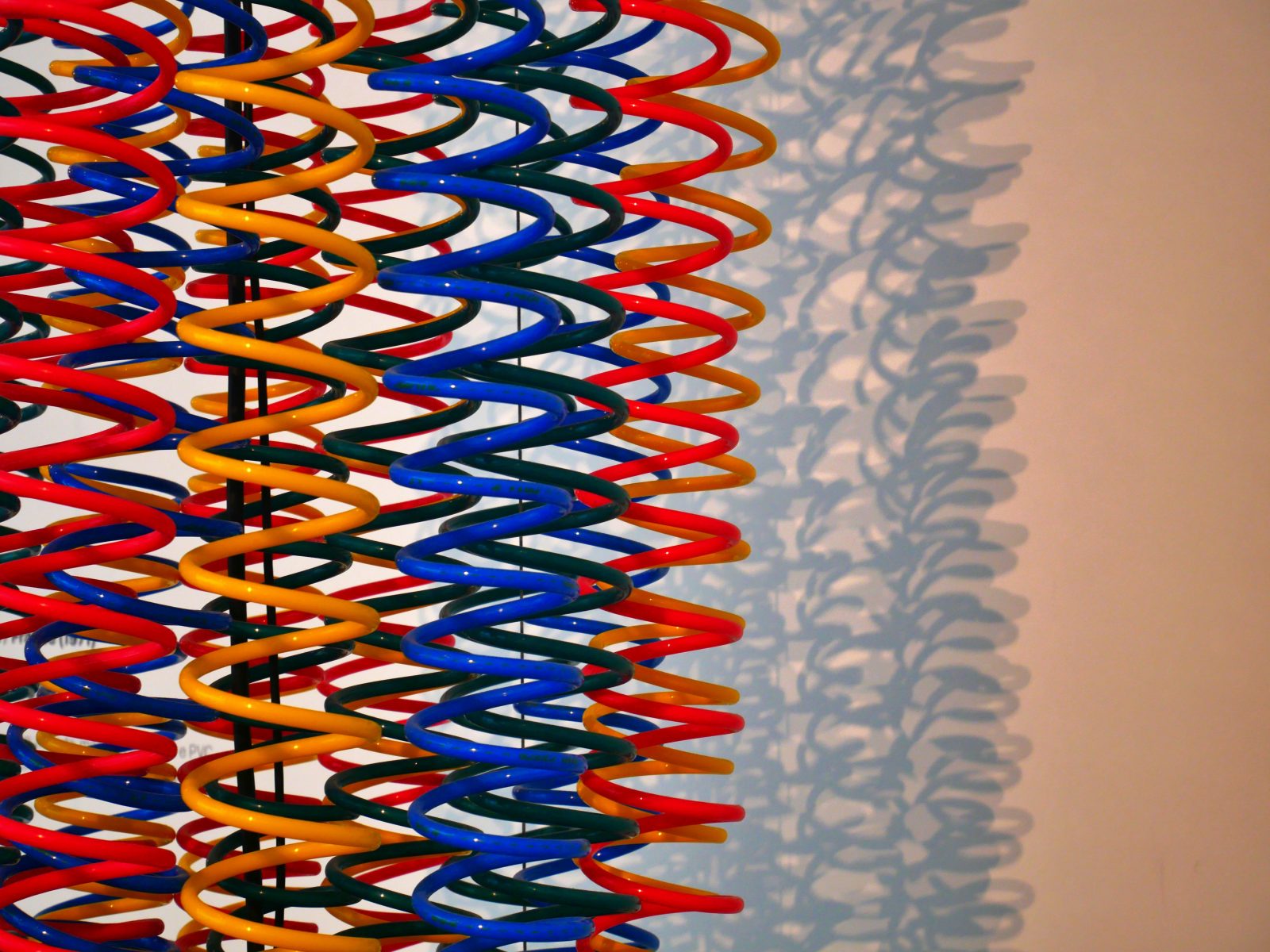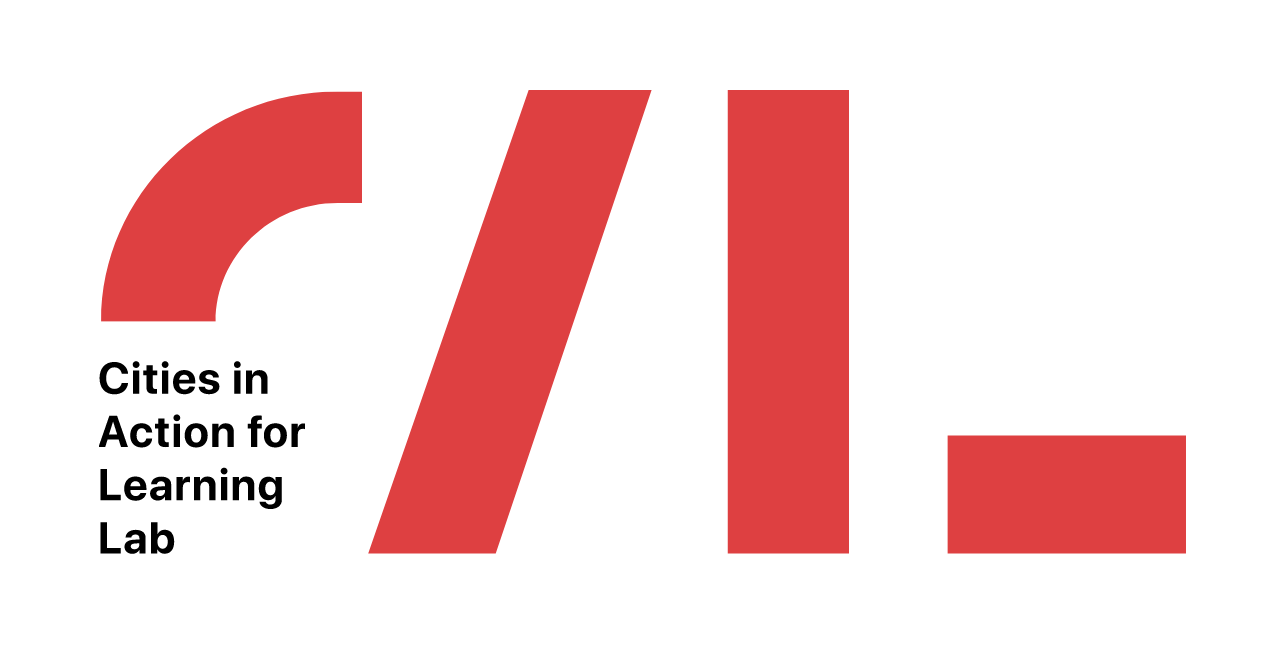
Plastic or elastic?
Exploring the spatialities of post-Covid 19
PRIN – Progetti di Ricerca di Rilevante Interesse Nazionale
Envisioning Translocality
Enabling Institutions
Enforcing Practices
This research project focuses on the impressive spatial “scramble” generated after 2020 by the COVID-19 pandemic, looking at this latter as one of a long series of crises challenging the established spatial organisation of the contemporary world. While the debate focuses on trying to understand if (and how) the world will be generally plastic or elastic to COVID-19, this research project, grounded in urban studies and spatial planning, focuses specifically on the “re-negotiation of space” generated by the pandemic and its potential towards the transition. COVID-19 has worked as an accelerator disrupting several entrenched socio-economic mechanisms and dynamics. The project moves from the hypothesis that as well as significant changes have been generated in the production-organisation-fruition of space. This is producing what we provisionally define processes of “re-negotiation of space”, which could also significantly impact the production of the “urban”, undermining its role in connection to key and consolidated economic functions of the XX century city. The project questions whether these changes have the potential for a permanent restructuring of spatial practices and imaginaries, providing the ground for more just and sustainable spatial fixes. Moreover, it aims at investigating if recovery policies promoted by public actors will be able to support a less space-blind, more space-sensitive transition. Finally, the project aims to contribute to planning theory and practices by investigating if and how spatial planning can find a new role and perspective in dealing with the post-pandemic perspective. Building upon the so-called “Spatial turn” of social sciences, it will explore the potential of “transition theory” in developing a nonlinear, multilevel, coevolutionary understanding of the role of space in transitions as well as in providing a critical contribution to the governance of transition.
